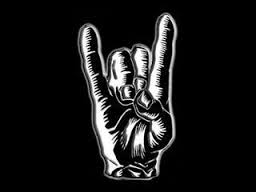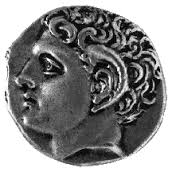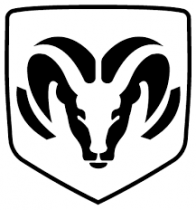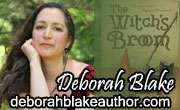
Horns ward.
The Sign of the Horns has been a sign of power since long before it became a Heavy Metal cliché.
Because horns aren't just for beauty or display.
They're weapons. They ward because they warn. Theirs is the power of protection.
You could call the Horns a mudra. (In Witch we usually just say: hand-sign.) You could call them an invocation. (You know Who I mean.) In Anthropologist, you could call them an apotropaic: a turning away, an averting.
The Horns have been warding off the hostile, the unchancy, the ill-favored, for centuries, if not millennia.
You can mutter “Horns ward [me]” or “Horns protect [me]” if you like. It certainly won't hurt.
But only make the Sign and the Horns will do their work, seen or unseen, spoken or unspoken.
Some might call this a fire-fight-fire scenario: like warding like, the unchancy against the unchancy.






















